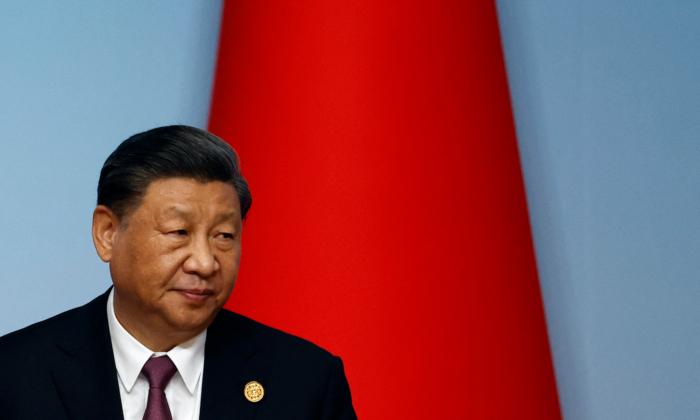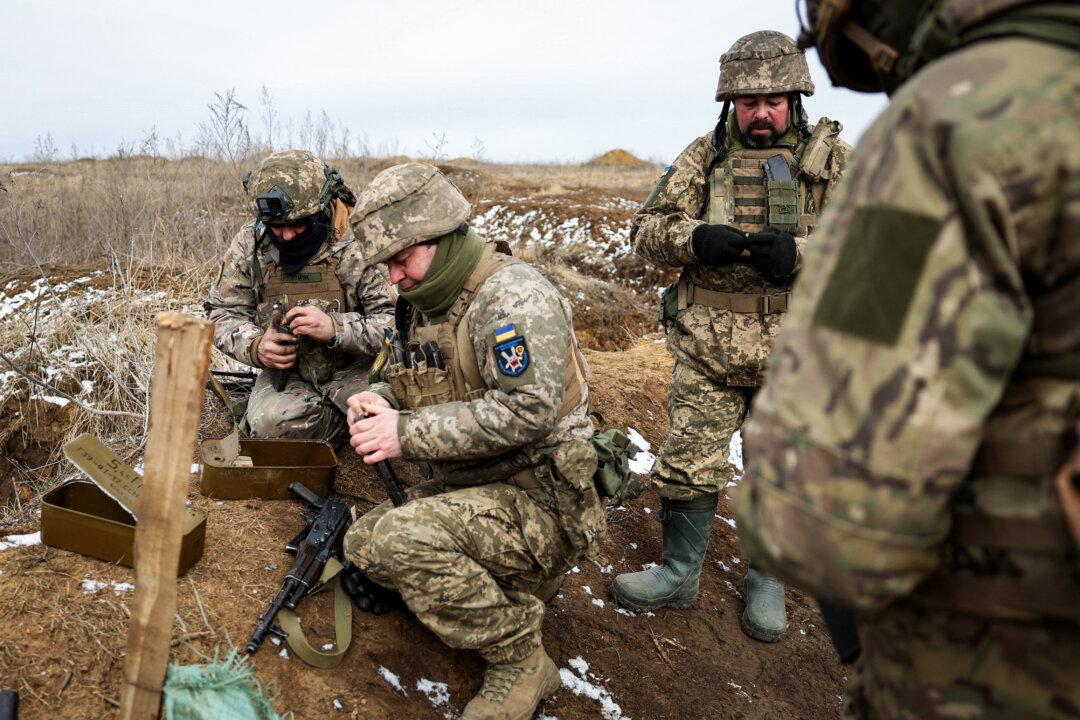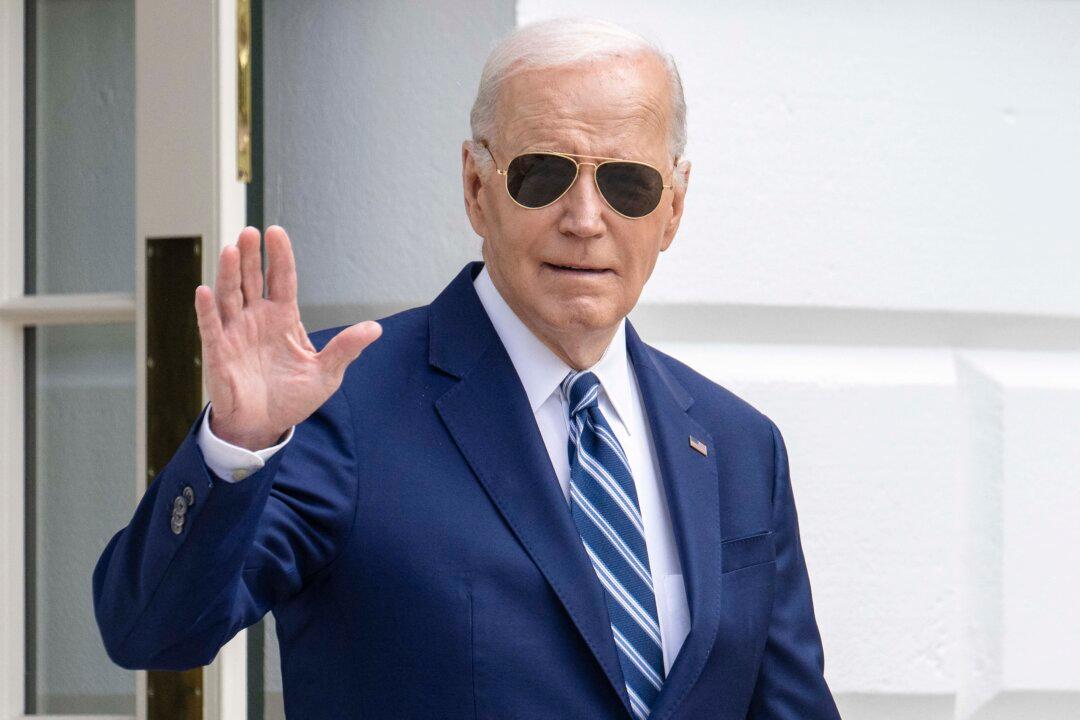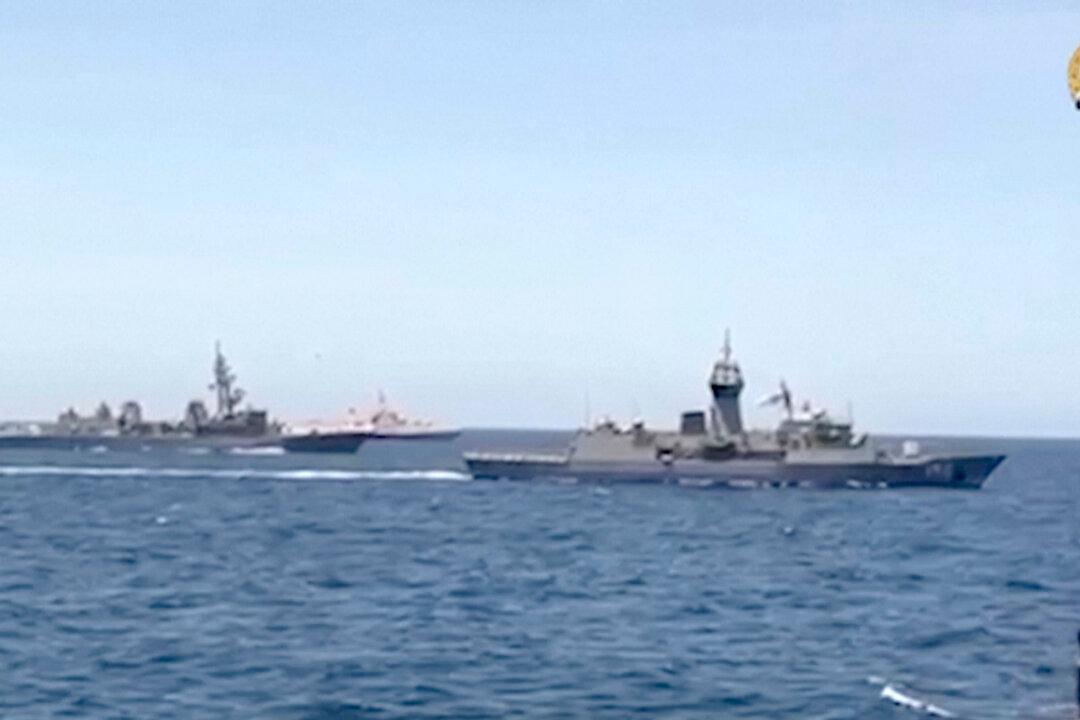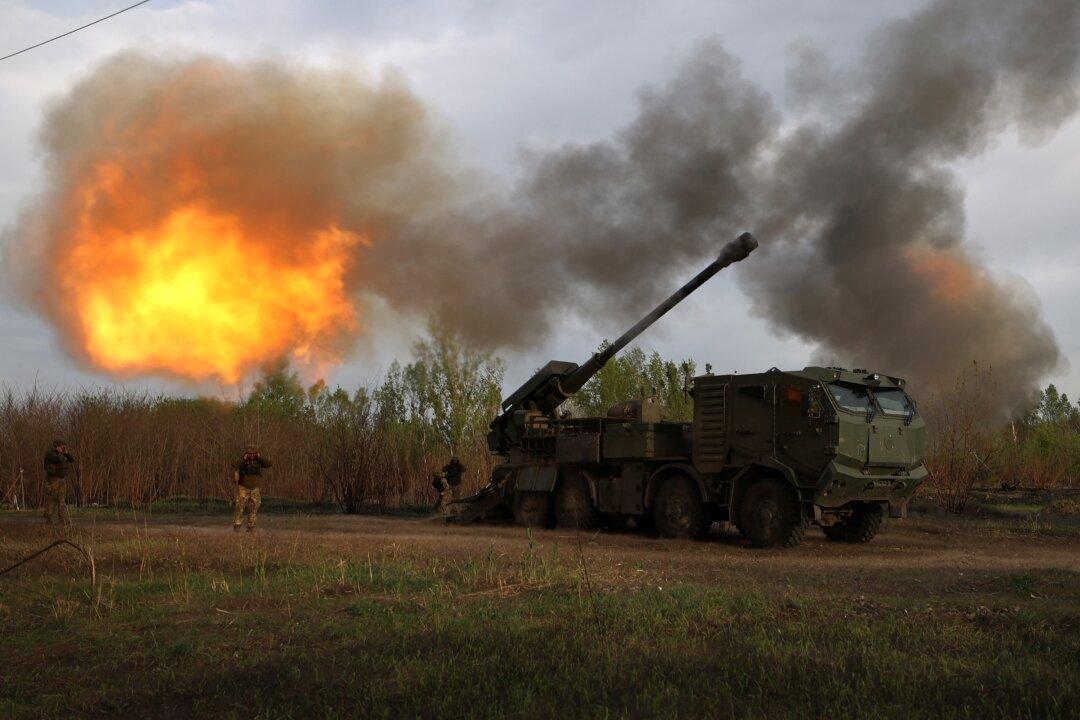China’s communist regime is taking actions to insulate its economy and building infrastructure required to conduct a war of conquest against Taiwan.
The Chinese Communist Party (CCP), which rules China as a single-party state, is taking actions similar to those Russia made before invading Ukraine, according to J. Kyle Bass, chief investment officer for Hayman Capital Management hedge fund.
Notably, Mr. Bass said, the CCP is building 18 air raid shelters in Fujian province, adjacent to Taiwan. The regime is also building the world’s largest combat hospital in the region, Mr. Bass added, saying that the move was reminiscent of Russia’s construction of blood banks on the borders of Ukraine in the months leading up to its invasion last year.
“It’s happening again, and we need to pay attention,” Mr. Bass said during a July 12 talk at the Hudson Institute, a conservative think tank.
CCP Changing Laws in Preparation for War
The CCP claims that Taiwan is a rogue province that must be united with the mainland, though the regime has never actually controlled any part of the island.Mr. Bass said that the regime had taken several actions to expand its legal authority to target foreign businesses operating in China as part of the effort.
In 2020, for example, the CCP updated its Foreign Investment Law to allow itself to seize and nationalize any foreign assets or investments in China in the event of war.
Similarly, in 2021, the regime’s Counter Foreign Sanctions Law gave the CCP the power to seize corporate assets and detain employees from foreign companies if those companies enforced sanctions on China from their home governments.
“If the U.S. or Europe sanctioned China and these corporations of the U.S. and Europe were complying with their own sanctions,” Mr. Bass said, “China could nationalize the assets and detain the people.”
Likewise, the regime updated its anti-espionage laws earlier this year, banning the transfer of any information deemed to be related to national security and allowing the regime to seize individuals’ assets and forcibly prevent foreigners from leaving China.
Xi Insulating China for Wartime
China’s preparations for war go beyond air raid shelters and enhanced legal authority, Mr. Bass said. Indeed, the regime is actively harming its own economic interests to further insulate itself from the inevitable international blowback that would follow an invasion of democratic Taiwan.“They’re doing things that don’t make sense unless there’s a greater plan for a worse situation,” Mr. Bass said.
Among the actions the regime is taking to insulate itself from international influence is the mass stockpiling of grain, gold, and energy sources.
Notably, the CCP has amassed a year-and-a-half supply of wheat to prevent the starvation of its nearly 1.5 billion residents in a national emergency. Despite this, however, the stockpiles went untouched during the CCP’s years-long COVID lockdowns.
“China has 20 percent of the world’s population, and they’re hoarding almost 70 percent of the world’s grain today,” Mr. Bass said.
Meanwhile, on the energy front, the regime has worked tirelessly to improve its relations with the authoritarian regimes—including Russia and Saudi Arabia—that deliver the majority of its crude oil.
When it comes to liquefied natural gas, however, the regime has been somewhat dependent on democratic Australia and, as such, has sought to massively increase coal exports to decrease its reliance on the U.S. ally.
“They are trying to secure all of their energy commitments,” Mr. Bass said.
Biden Admin’s Efforts at Appeasement Failing
While the CCP prepares for war, Mr. Bass said, key parts of the Biden administration appeared dedicated to trying to encourage economic engagement with the regime.Moreover, he said, key players in the treasury and elsewhere simply “won’t talk about” using the most powerful economic tools at the nation’s disposal, such as kicking China out of the SWIFT banking system, which would cripple the regime’s economy almost overnight.
“The treasury is owned by Wall Street… They want to chase economic deals,” Mr. Bass said.
“If our national security and our values were left up to Wall Street and the private sector, we’d be speaking Chinese tomorrow.”
To that end, he said the Biden administration would need to start seriously discussing the possibility of using its most severe economic weapons against the CCP in the event of a Taiwan invasion.
“I am a huge proponent of crippling China through the economic sphere,” Mr. Bass said. “...It’s an amazing, effective deterrent. We need to start talking about it.”
“Name a time in which appeasement against autocratic despots has ever worked. It never works. Deterrence through strength is the only path forward.”
